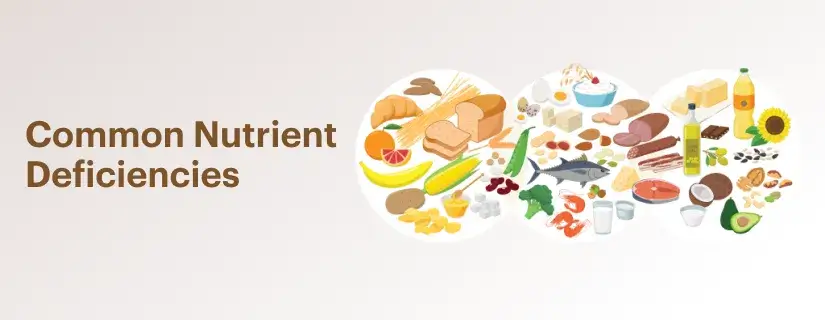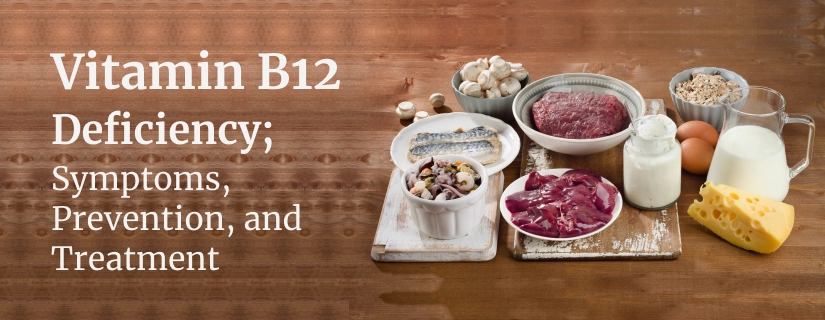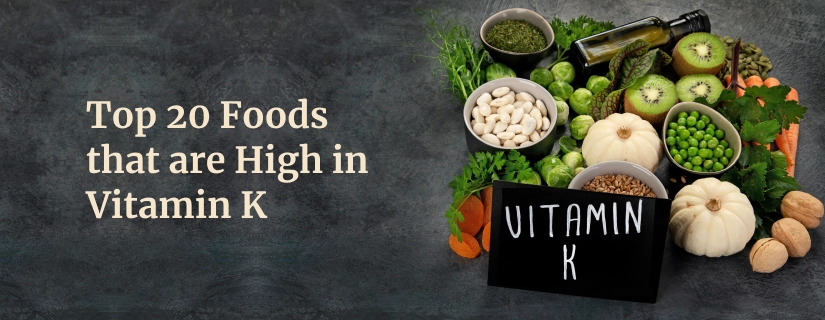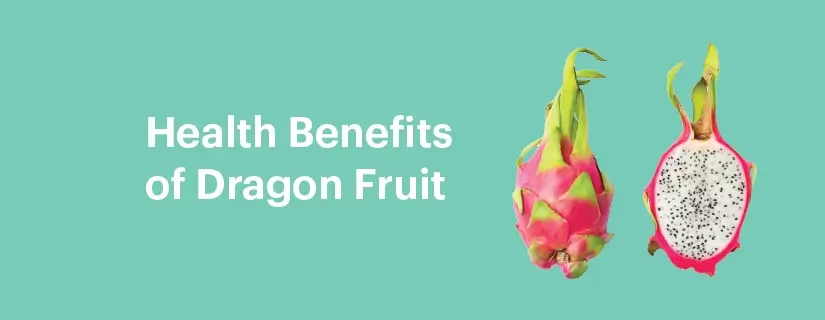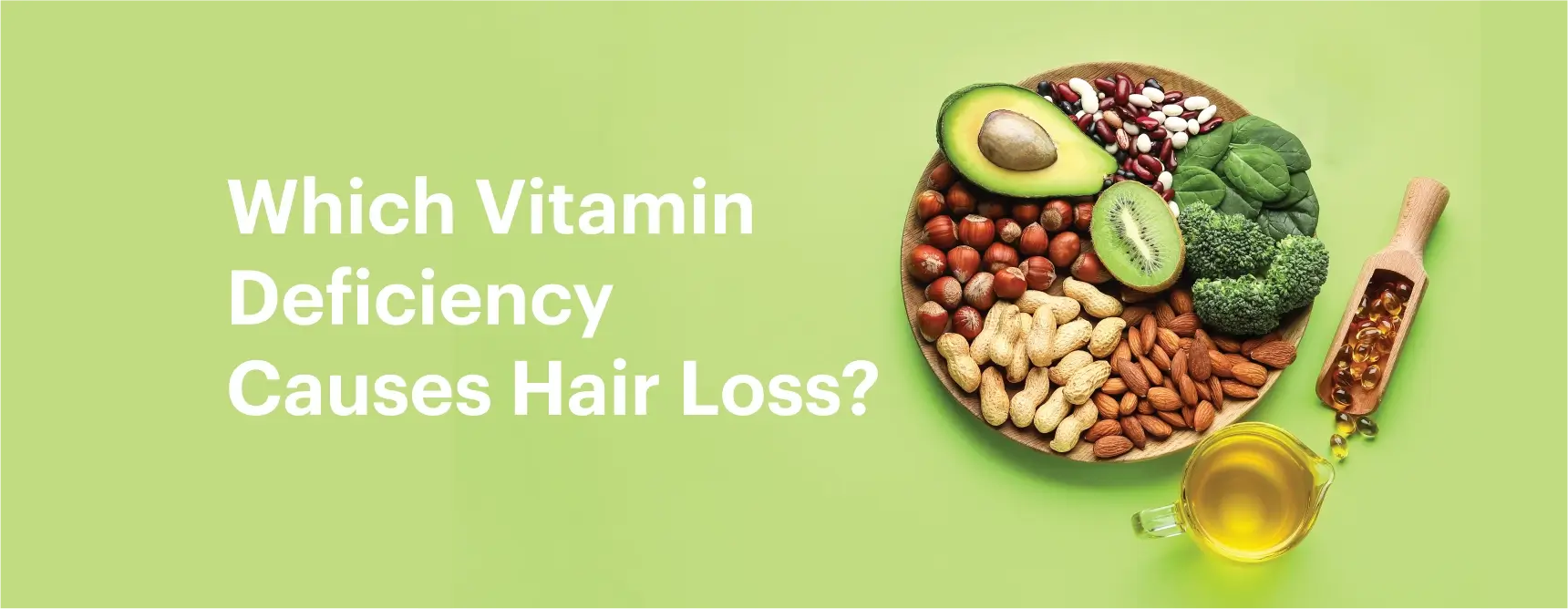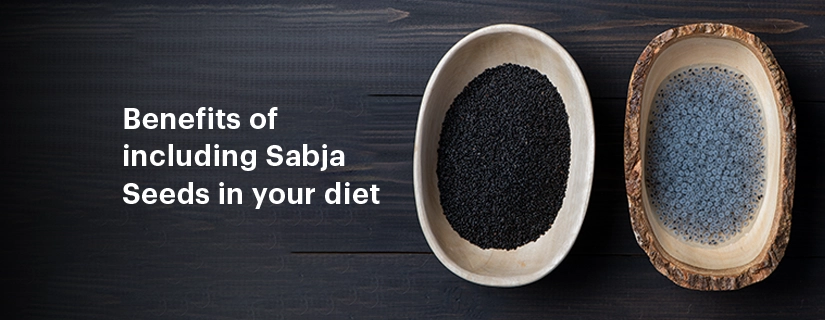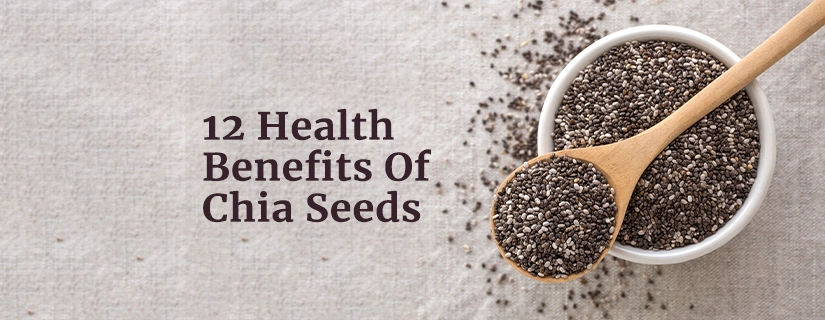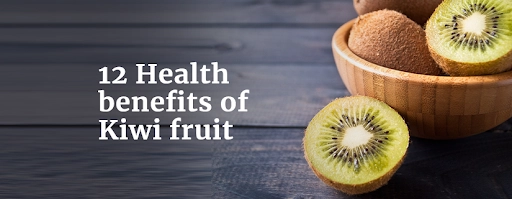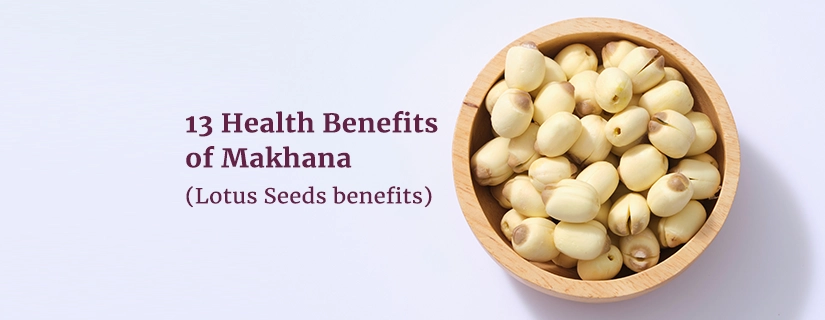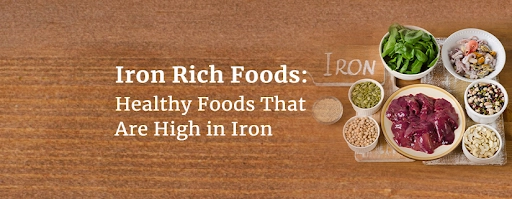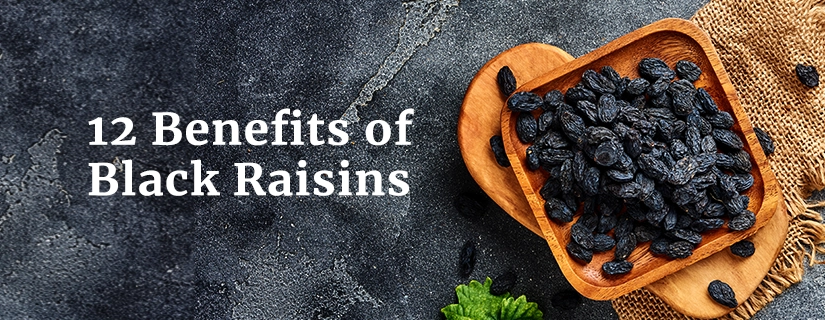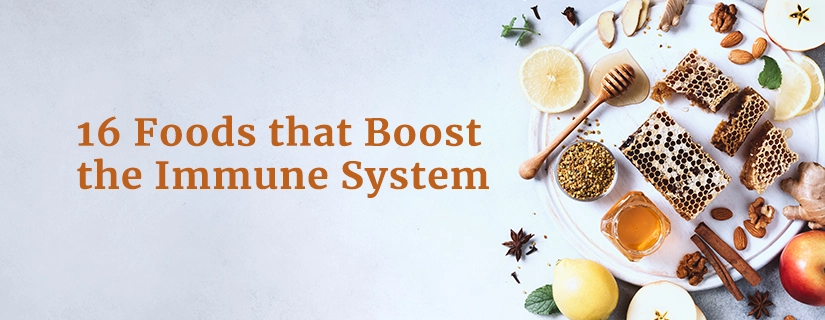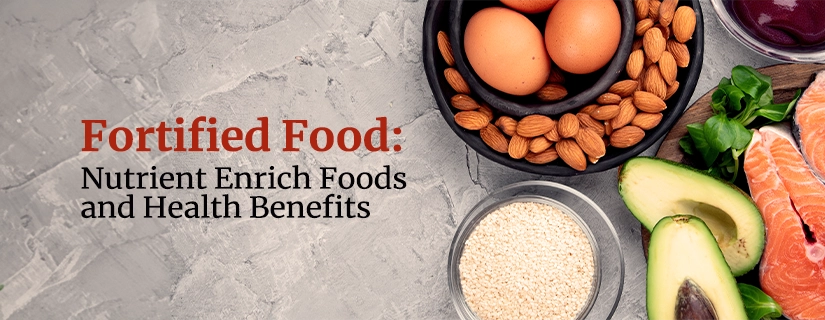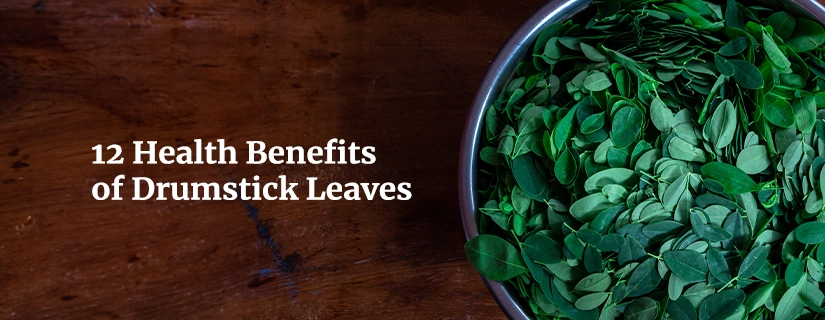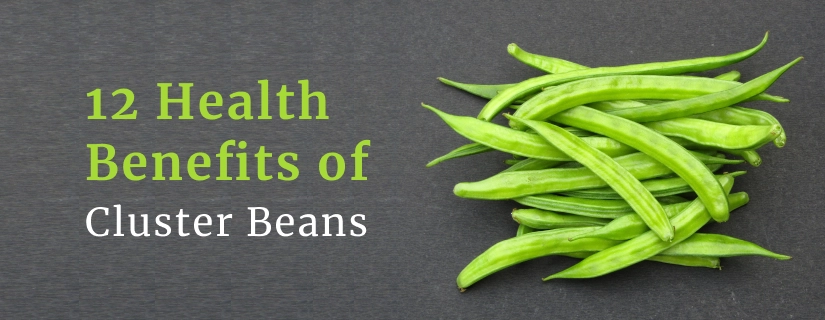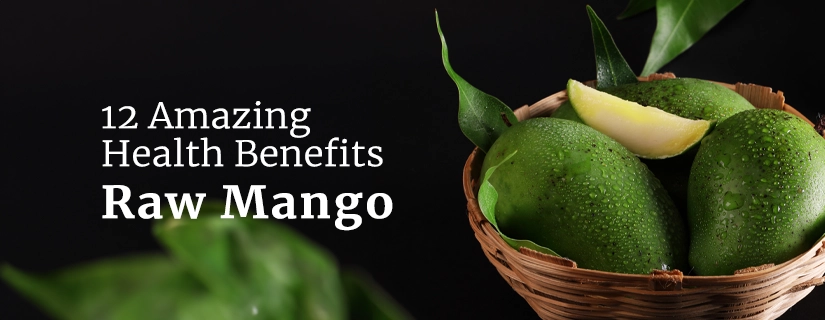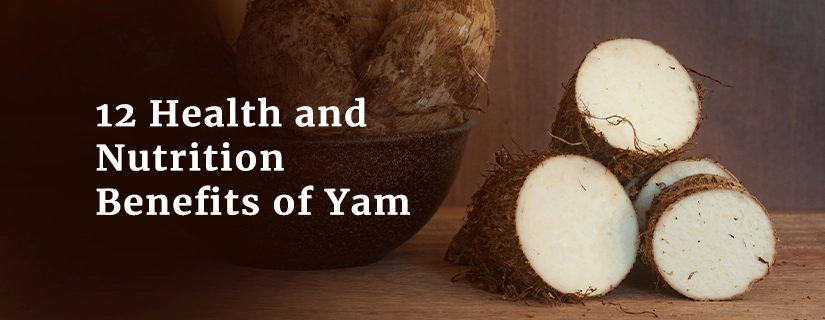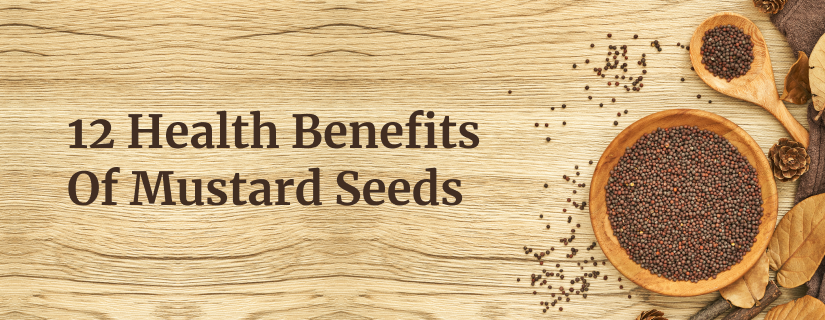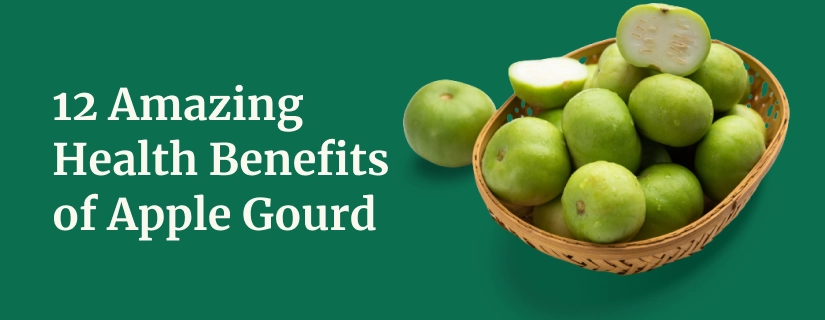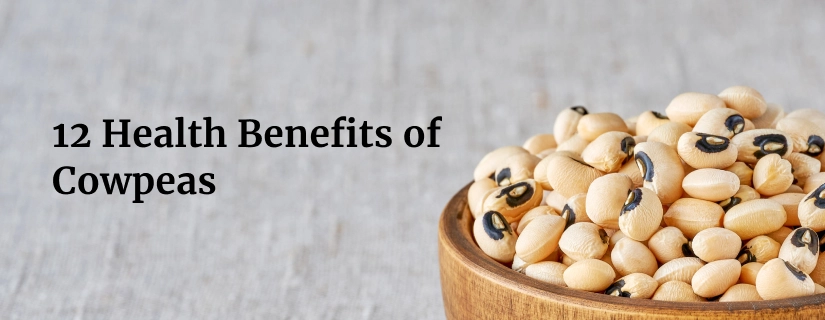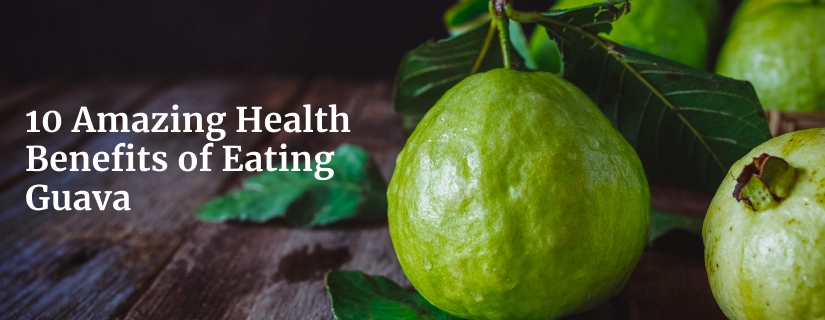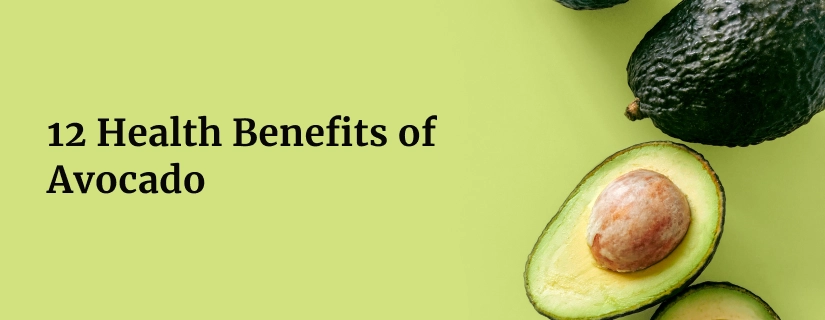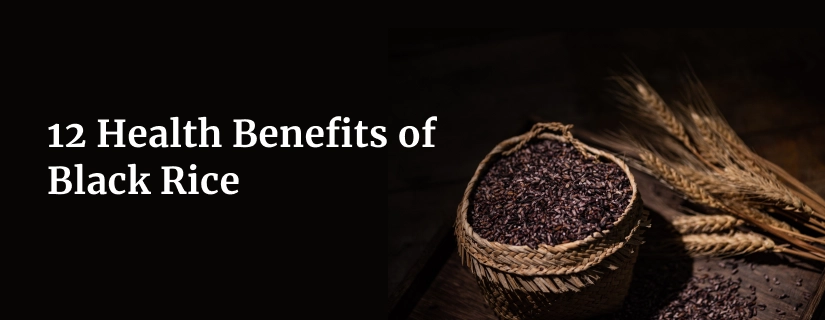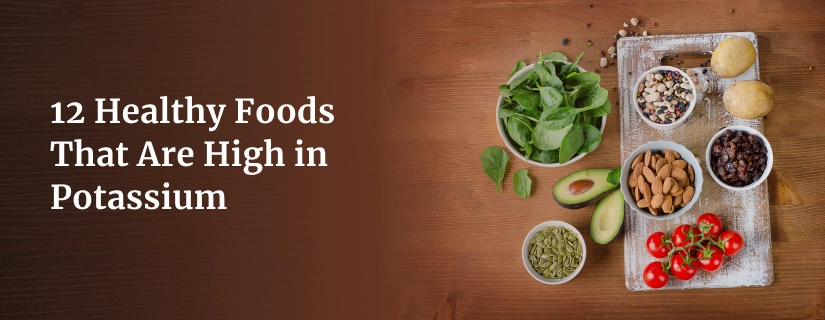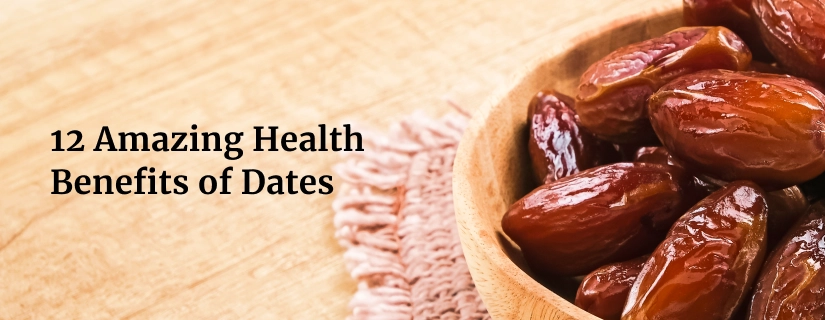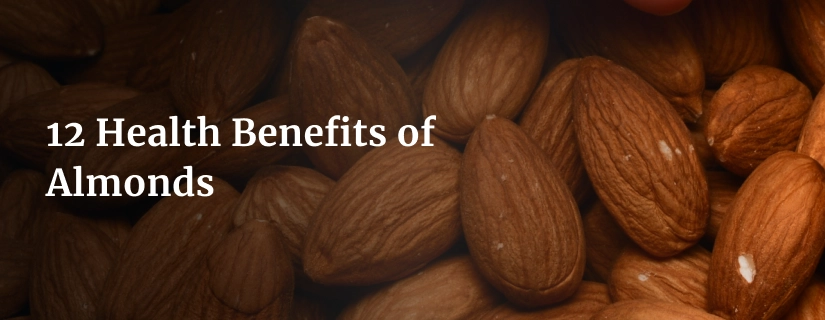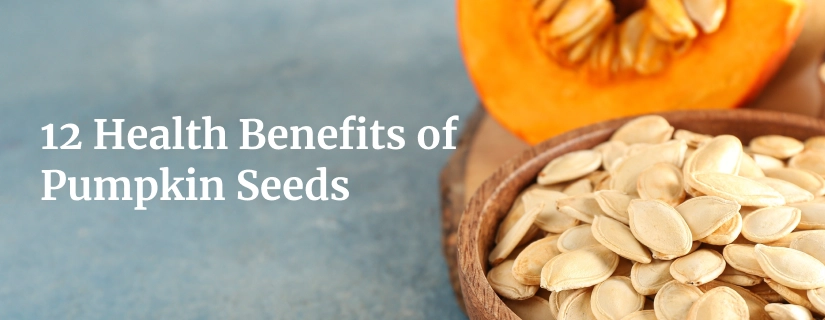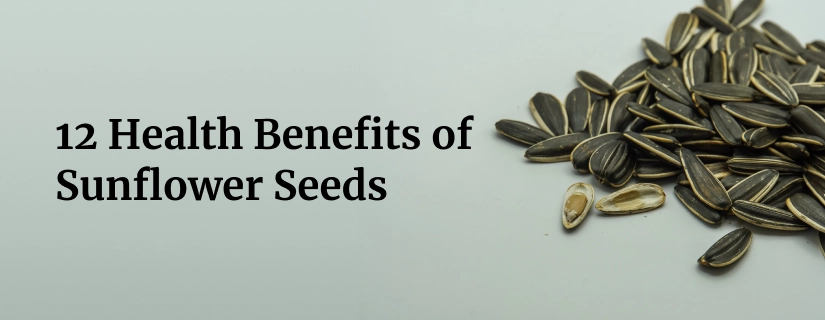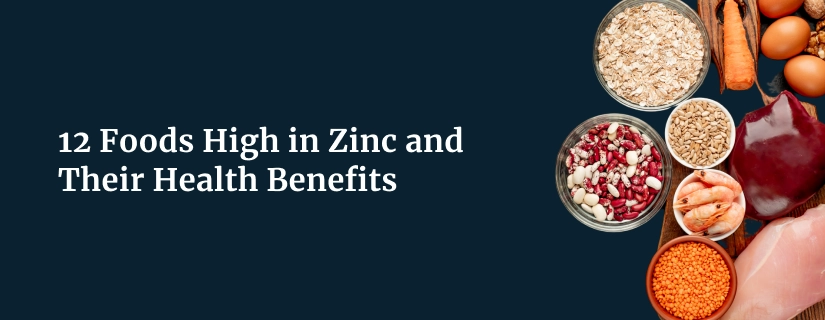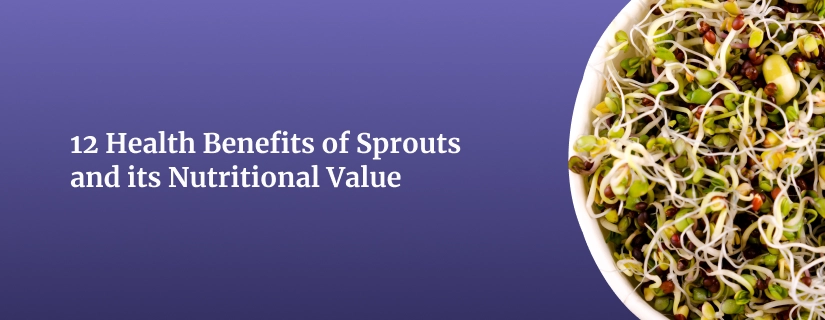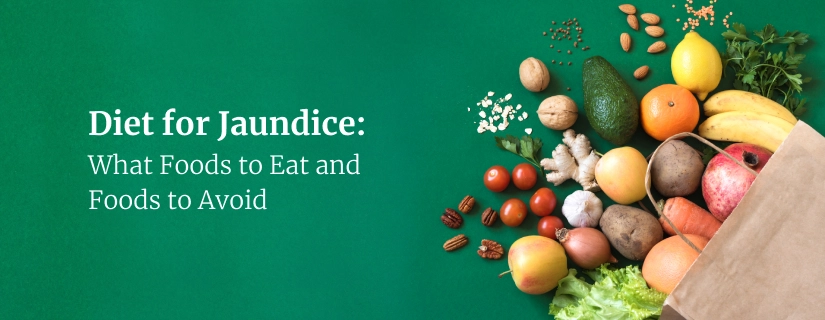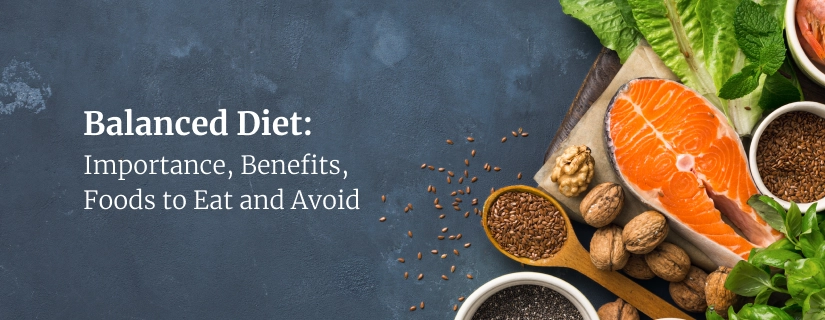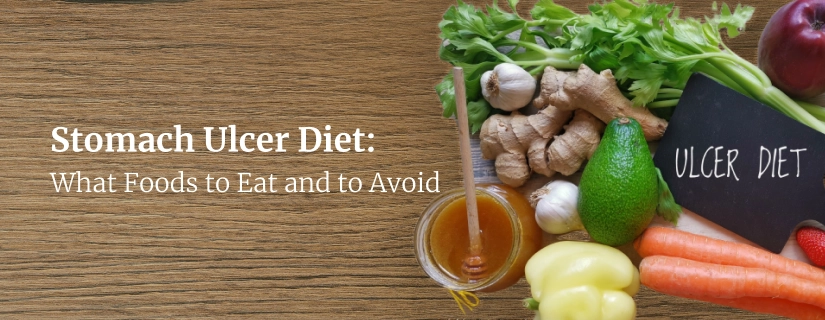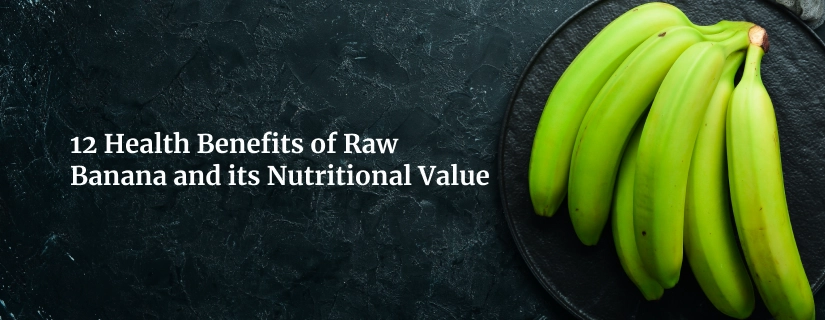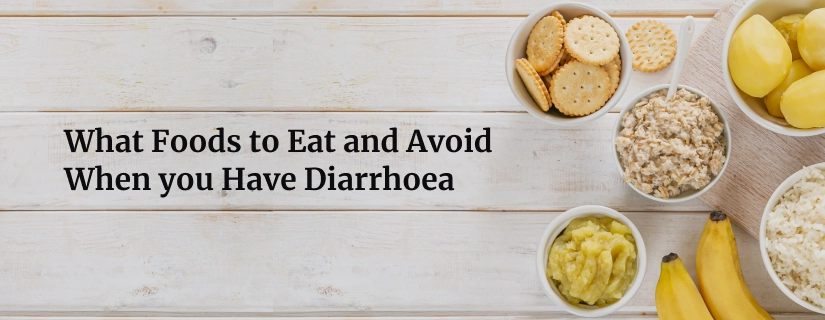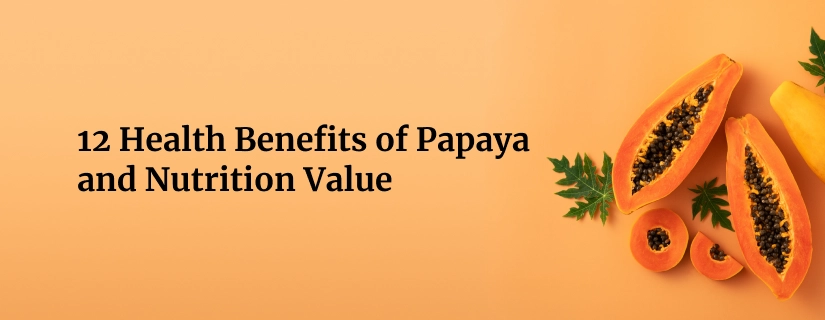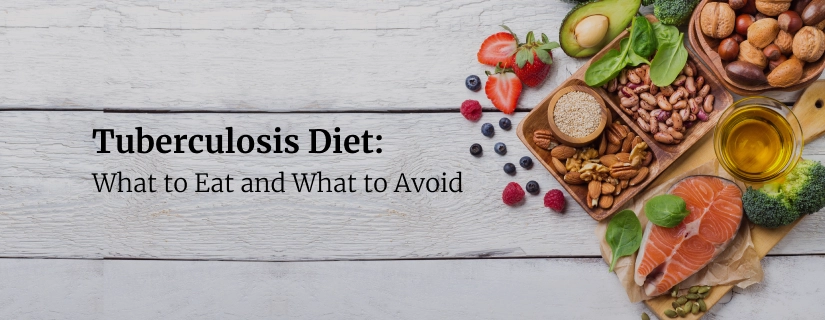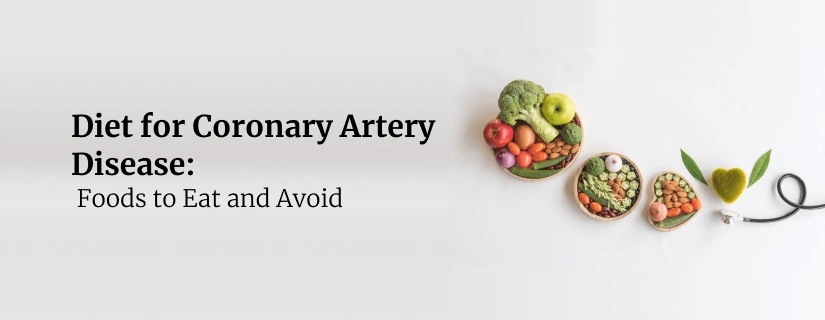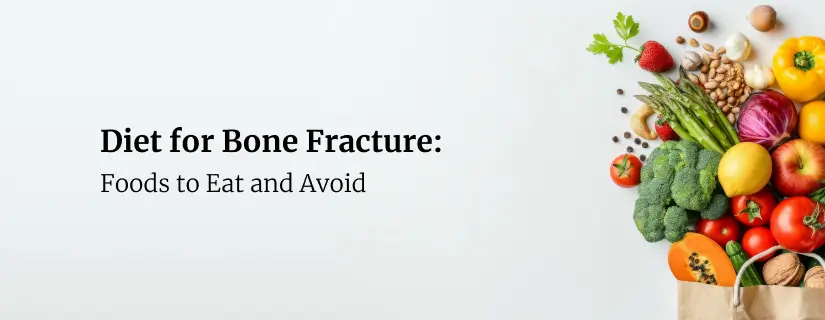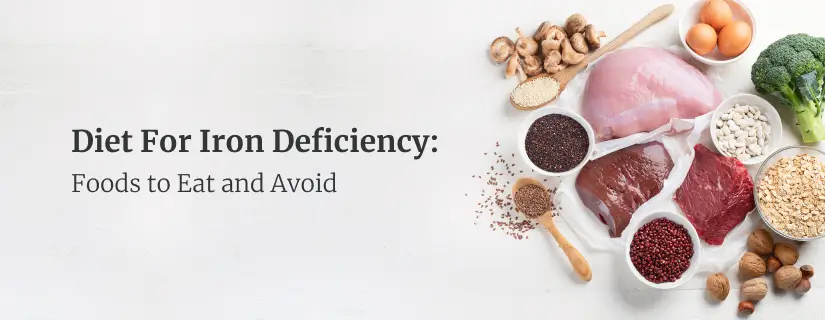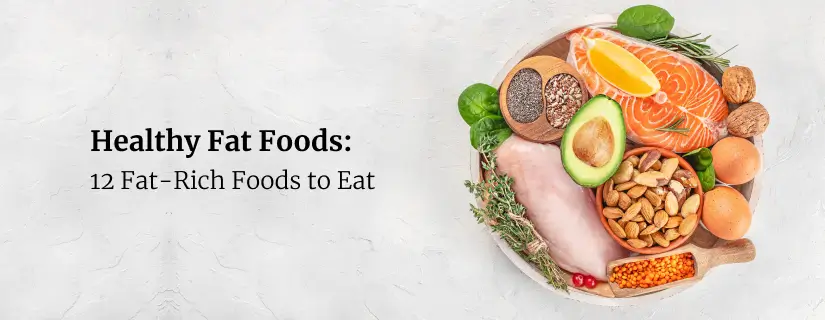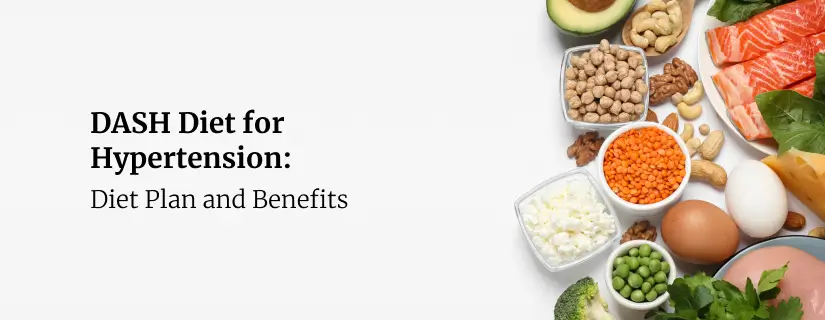-
Doctors
-
Specialities & Treatments
Centre of Excellence
Specialties
Treatments and Procedures
Hospitals & Directions HyderabadCARE Hospitals, Banjara Hills CARE Outpatient Centre, Banjara Hills CARE Hospitals, HITEC City CARE Hospitals, Nampally Gurunanak CARE Hospitals, Musheerabad CARE Hospitals Outpatient Centre, HITEC City CARE Hospitals, Malakpet
HyderabadCARE Hospitals, Banjara Hills CARE Outpatient Centre, Banjara Hills CARE Hospitals, HITEC City CARE Hospitals, Nampally Gurunanak CARE Hospitals, Musheerabad CARE Hospitals Outpatient Centre, HITEC City CARE Hospitals, Malakpet Raipur
Raipur
 Bhubaneswar
Bhubaneswar Visakhapatnam
Visakhapatnam
 Nagpur
Nagpur
 Indore
Indore
 Chh. Sambhajinagar
Chh. SambhajinagarClinics & Medical Centers
Book an AppointmentContact Us
Online Lab Reports
Book an Appointment
Consult Super-Specialist Doctors at CARE Hospitals
PCOD Diet Chart: Foods to Eat and Avoid
Updated on 30 October 2023
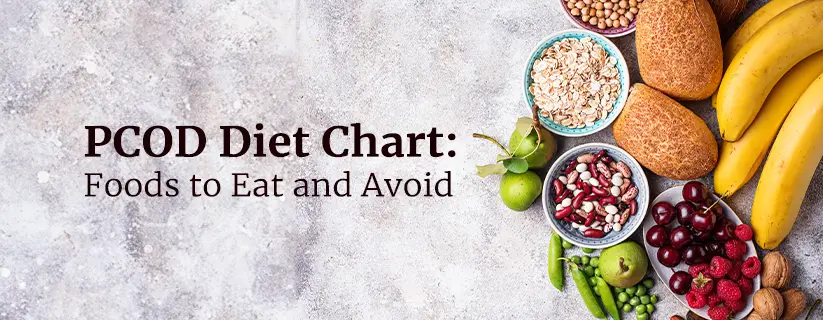
Table of Content
Polycystic Ovarian Disease (PCOD) is a common endocrine disorder affecting individuals with ovaries. One of the key aspects of managing PCOD is through a well-balanced and thoughtful diet. The right nutrition can significantly impact the symptoms of PCOD, helping to regulate hormones, manage weight, and improve overall well-being.
In this article, we'll explore the PCOD diet, including foods to eat and avoid, and provide you with a PCOD diet chart to help you make informed dietary choices. The PCOS diet chart for weight loss not only helps with losing a few pounds but also to manage the symptoms. Remember that individual responses to diet may vary, so it's essential to consult with a healthcare professional or a registered dietitian before making significant dietary changes.
PCOD Diet: Foods to Eat
1. High-Fiber Foods: PCOD often involves insulin resistance, and incorporating high-fiber foods into your diet can help stabilise blood sugar levels. Include whole grains like brown rice, quinoa, and whole wheat bread, as well as legumes like lentils and beans in your PCOD diet chart for weight loss. Fiber-rich vegetables like broccoli, cauliflower, and spinach should also be part of your daily intake.
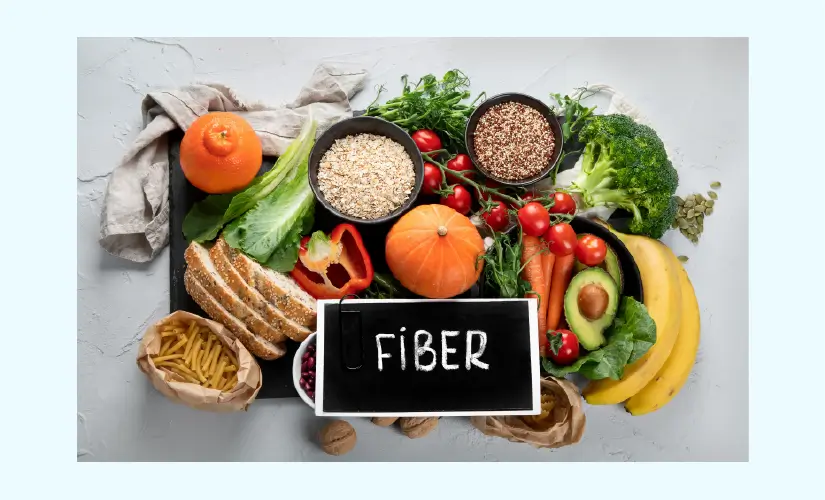
2. Lean Proteins: Adding protein plays a crucial role in managing PCOS and thyroid in the diet chart. Pick lean protein sources, including fish, tofu, skinless poultry, and lentils. These foods not only support muscle health but also promote a feeling of fullness, reducing cravings for unhealthy snacks and stabilising blood sugar.

3. Healthy Fats: Healthy fats are essential for overall health, including hormone production. Avocados, nuts (such as almonds and walnuts), and seeds (flaxseeds and chia seeds) are rich sources of monounsaturated and polyunsaturated fats. These are also important in the PCOD diet chart for vegetarians. They can lower inflammation and support hormone balancing.

4. Low-Glycemic Index (GI) Carbohydrates: Opt for carbohydrates with a low glycemic index to regulate blood sugar levels. Foods like sweet potatoes, quinoa, steel-cut oats, and whole-grain pasta fall into this category. They digest more slowly and have a milder impact on blood sugar, offering sustained energy. They must be incorporated into the PCOS diet chart for weight loss for vegetarians.
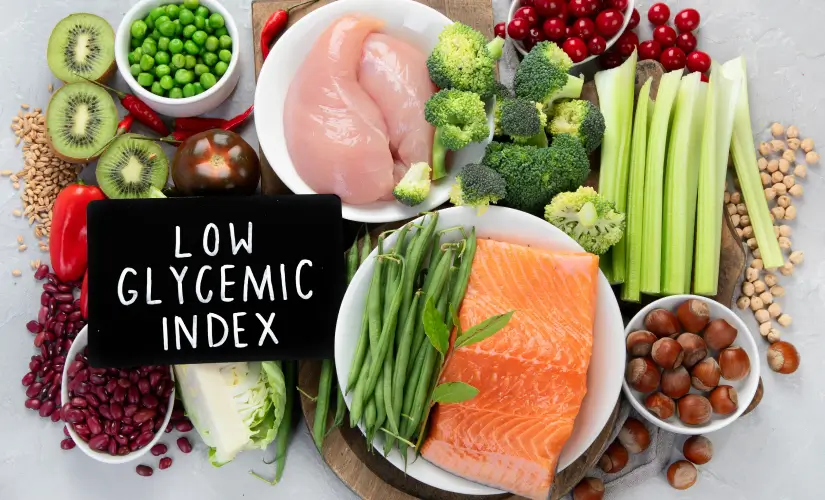
5. Antioxidant-Rich Fruits: Berries, cherries, and other colourful fruits are abundant in antioxidants, which can combat inflammation and oxidative stress linked to PCOD. These fruits can help protect your cells and support your body's natural detoxification processes.
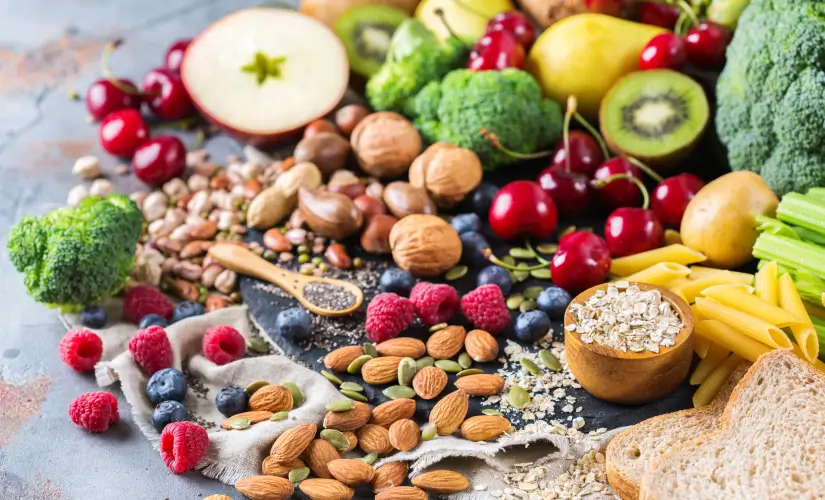
6. Green Leafy Vegetables: Green leafy vegetables such as kale, spinach, and broccoli are rich in essential vitamins and minerals, including vitamin K, folate, and iron. They should be a part of a PCOS vegetarian diet chart as they support hormonal balance and overall health.

7. Dairy Alternatives: If you're lactose intolerant or prefer dairy alternatives, fortified plant-based milk options like almond milk or soy milk are excellent choices. They provide the necessary calcium and vitamin D without the potential drawbacks of dairy products in PCOD.
8. Herbal Teas: Spearmint and green tea are two herbal teas that may offer potential benefits in managing PCOD symptoms. Spearmint tea is believed to have anti-androgen effects, which can help reduce excess male hormones often associated with PCOS. Green tea is rich in antioxidants, and some studies suggest it may aid in improving insulin sensitivity.

PCOD Diet: Foods to Avoid
1. Processed Foods: Highly processed foods, including sugary snacks, fast food, and sugary cereals, are typically laden with refined sugars and unhealthy fats. These can lead to blood sugar spikes, weight gain, and increased insulin resistance, all of which are significant concerns in PCOD management.

2. Sugary Beverages: Sugary soft drinks, fruit juices, and energy drinks are best avoided. They are often packed with added sugars that can quickly elevate blood sugar levels. Opt for water, herbal tea, or unsweetened beverages to stay hydrated and aid in PCOS and thyroid diet management.

3. Highly Sugary Foods: Cakes, pastries, candies, and other sugary treats should be consumed sparingly, if at all. Their high sugar content can lead to rapid blood sugar fluctuations.

4. Excessive Caffeine: While moderate caffeine intake is generally safe, excessive caffeine consumption can disrupt hormone balance. It's advisable to limit caffeine-containing beverages like coffee in your PCOS and thyroid diet chart, especially if you're sensitive to its effects.

5. Red Meat: High consumption of red meat, particularly processed red meats like sausages and hot dogs, has been associated with an increased risk of PCOD. Choose leaner forms of protein like fish, poultry, and plant-based sources.

Conclusion
A well-planned PCOD diet chart can make a substantial difference in managing PCOS symptoms. By choosing the right foods and avoiding those that can exacerbate the condition, you can support hormone balance, control your weight, and enhance your overall quality of life. It's essential to consult with a healthcare professional or dietitian to create a personalized PCOD diet chart for weight loss and hormonal balance that meets your specific needs. Remember that small, sustainable changes in your diet can lead to significant improvements in your PCOS journey.

ENQUIRY FORM
SELECT CATEGORIES
-
Neurosciences (16)
-
Neurology (37)
-
Neurosurgery (14)
-
Orthopaedics (48)
-
Oncology (33)
-
Obstetrics and gynecology (52)
-
Pulmonology (23)
-
Urology (20)
-
Nephrology (13)
-
Psychiatry (7)
-
Dietetics and Nutrition (111)
-
General Medicine (63)
-
Cardiac Sciences (32)
-
Vascular & Endovascular Surgery and Interventional Radiology (15)
-
Gastroenterology (46)
-
Endocrinology (23)
-
Plastic Surgery (10)
-
Critical Care Medicine (5)
-
COVID-19 (16)
-
Dermatology (16)
-
Emergency Care (1)
-
Ophthalmology (4)
-
Pediatrics (14)
-
Laparoscopic and Bariatric Surgery (8)
-
ENT (15)
-
Kidney Transplant (1)
-
Liver Transplantation and Hepatobiliary Surgery (5)
-
General Surgery (3)
-
Internal Medicine (5)
-
Medicine Information
12 Best Foods To Boost Your Metabolism
Saturated vs. Unsaturated Fats: Know the Difference
YOU MAY ALSO LIKE
RECENT BLOGS
-

Preterm Birth (Premature Birth): Symptoms, Causes, Treatment and Prevention
13 May 2025
Read More
-

Rotablation Angioplasty: Benefits, Treatments, And Recovery Time
9 May 2025
Read More
-

What Is The Difference Between IUI and IVF?
9 May 2025
Read More
-

Venous Malformations: Causes, Symptoms, and Treatment
30 April 2025
Read More
-

Varicose Vein Foam Sclerotherapy: Treatment, Benefits, and Procedure
30 April 2025
Read More
-

Radiofrequency (RF) Ablation Treatment for Varicose Veins: Know More
30 April 2025
Read More
-

Varicose Vein Sclerotherapy: Treatment, Benefits, and Procedure
30 April 2025
Read More
-

Varicose Vein Endovenous Laser Ablation: Procedure, Benefits, Risks
30 April 2025
Read More
Have a Question?
If you cannot find answers to your queries, please fill out the enquiry form or call the number below. We will contact you shortly.









